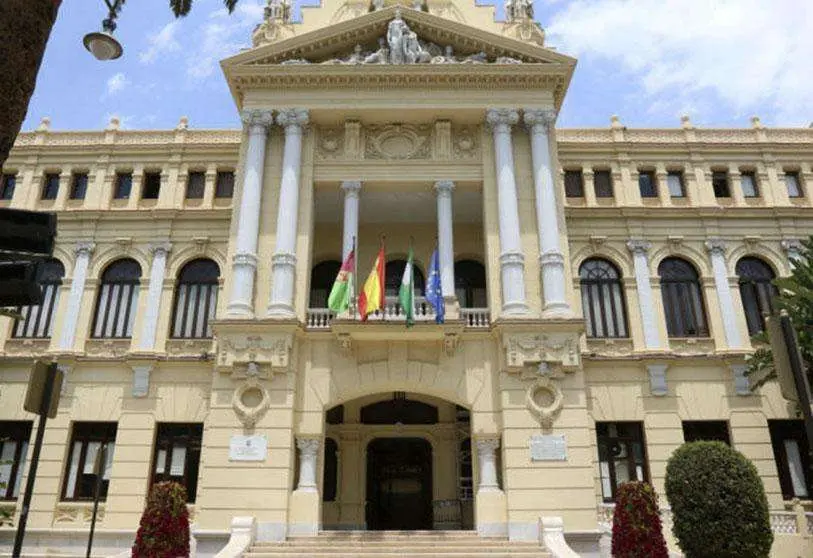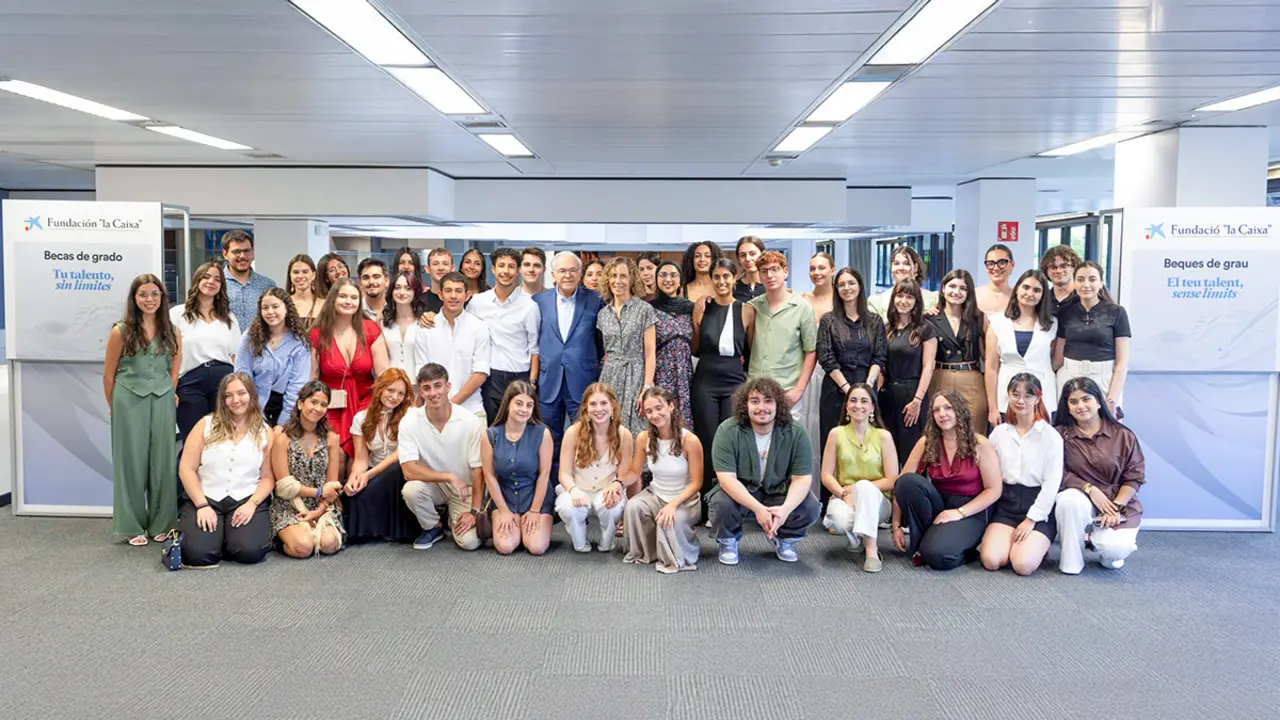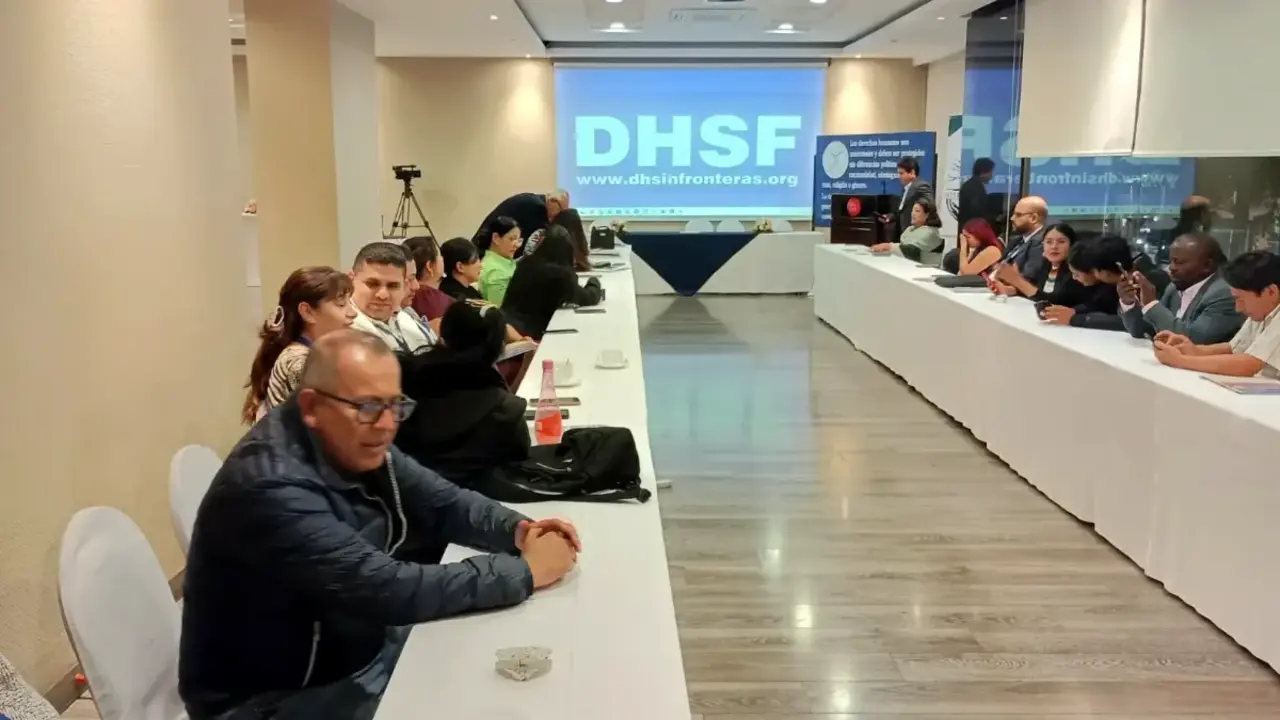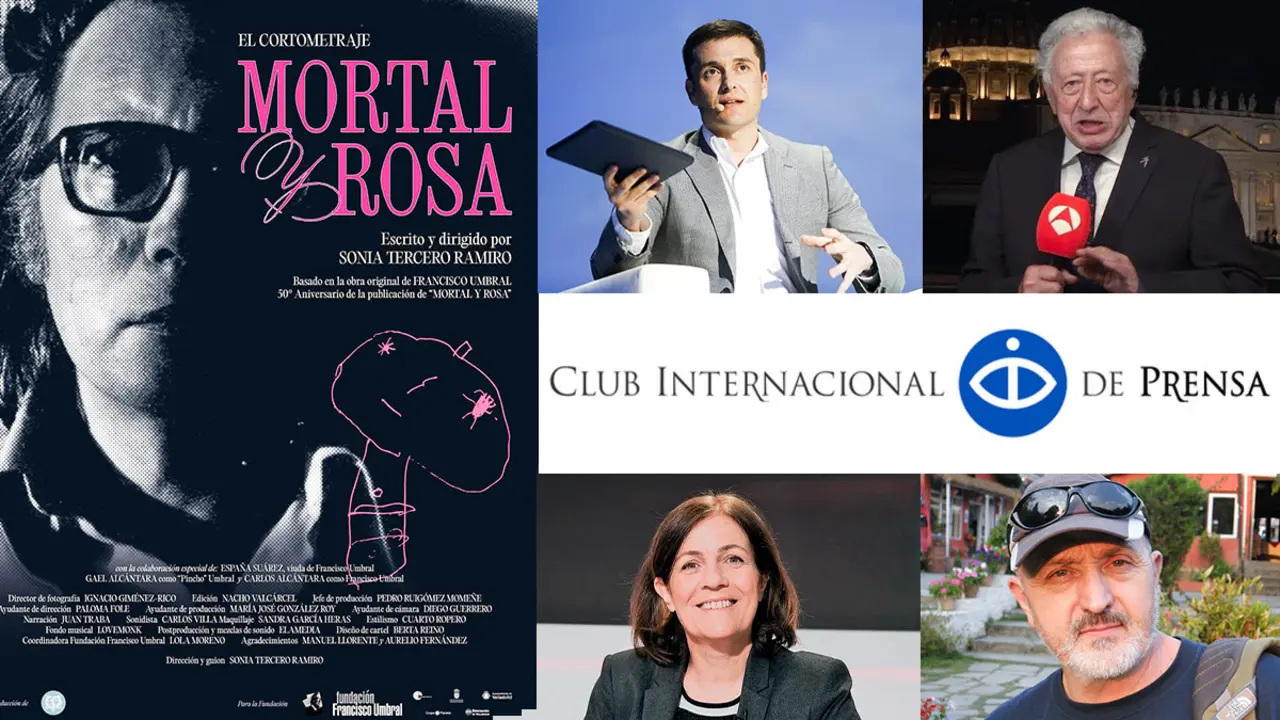The Economic Society of Friends of the Country of Malaga is promoting the Casa de América project

At its last meeting in June, the Governing Board of the Economic Society of Friends of the Country of Malaga was informed of the proposal to create the Casa de América project in Malaga, presented by José Antonio Sierra Lumbreras, Hispanist, contributor to various media and assiduous participant in all activities held in the city of Malaga.
Aware of the purpose, scope and importance of this project, the Board agreed, with a positive assessment, to promote and encourage this cultural and social initiative within the entity's annual Action Plan for the next five years.
Consequently, in order to carry forward the implementation of this new and important line of action and in accordance with article 26 of our Statutes, a Working Committee is created to proceed with the development of the functions entrusted and the first activities of the academic year 2021-2022. This Commission, chaired by the President, will include a member of the Board, two members of the Economic Commission, together with the participation of José Antonio Sierra, as its advisor.
With this initiative, the Economic Society of Friends of the Country of Malaga resumed one of its historical functions and purposes of relations with the countries of Latin America and their human and territorial reality throughout the 19th century and the first third of the 20th century. This is attested to by its numerous contacts, some of enormous social significance, such as the creation of the Barrio América in Malaga at the beginning of the 20th century, after the floods of 1907, or intense cultural activity, such as the holding of the Mexico Exhibition at its headquarters in 1935, or the visit and lecture given by Gabriela Mistral, a decade before she received the Nobel Prize.
Recovering this rapprochement and historical relationship in this third decade of the 21st century takes on the character of a social, economic and cultural requirement for the city and province of Malaga. There are numerous new elements and challenges that make it necessary to establish this platform-bridge (Casa de América) with the new realities experienced by Latin American countries and the Hispanic communities of the United States and Canada. The Economic Society of Friends of the Country of Malaga aims to be the institutional environment for this framework of relations and knowledge of what is happening today in both spheres (Malaga-America-Malaga, there and back), within the complex reality of the contemporary world. In particular, together with the cultural, university and technological function of Malaga, the city needs at the same time to count on - and also take advantage of - the strengths of its economy, the extensive diplomatic/consular network of Latin American countries, the value of the Spanish-language Film Festival, the young and innovative University and, above all, the thousands of Latin American residents who live and work here, who have a culture that is as diverse as it is enriching.
For this reason, the Casa de América project in the Economic Society of Friends of the Country of Malaga and its headquarters (Casa del Consulado) finds a logical reason to develop in this space, which is a place of historical memory and today one of the city's active cultural focal points. It undoubtedly meets the conditions to develop and promote, within its Action Plan, the holding of activities (information tribune and conferences, debate forum, training and study centre), as well as exhibitions in its centenary exhibition halls, the oldest in Malaga and Spain.
La Económica aims to establish links and ties of collaboration with Casas de América and other institutions in Spain and other countries in order to increase knowledge, friendship and cooperation with Latin America.
Submitted by José Antonio Sierra, Hispanismo advisor.







